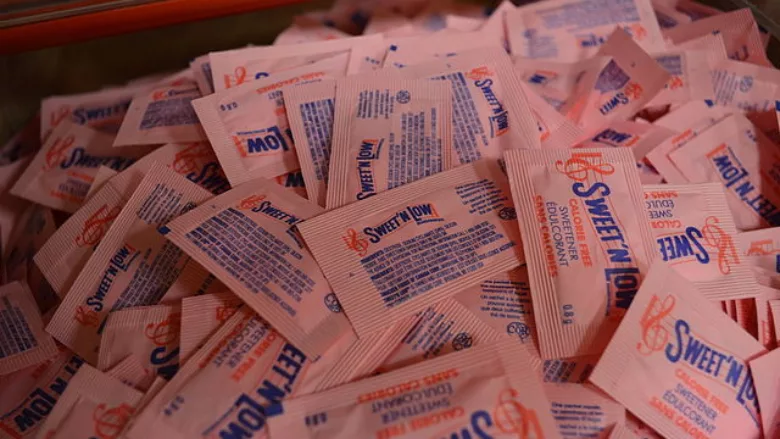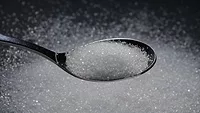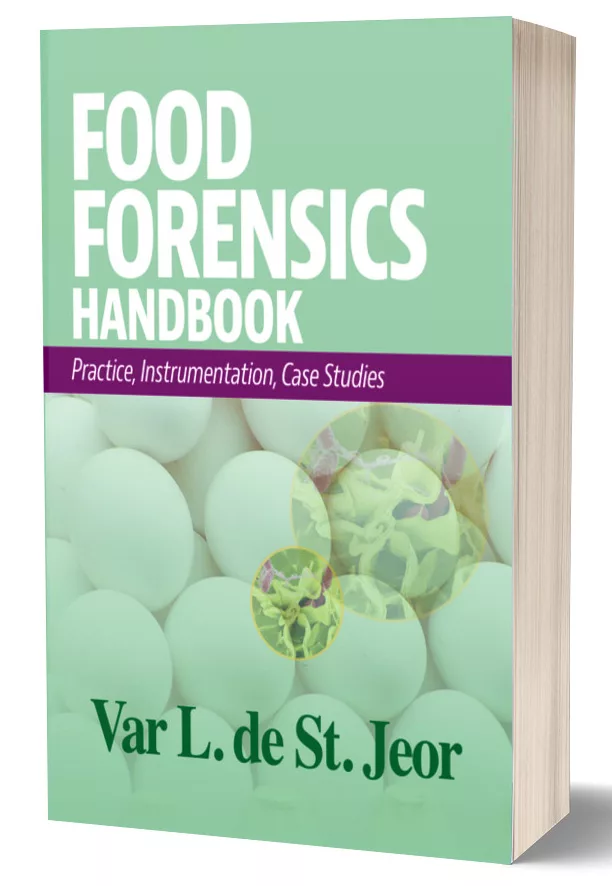EU Says Artificial Sweetener Saccharin Unlikely to Cause Cancer, Raises Safe Daily Intake Level

Image credit: Raysonho @ Open Grid Scheduler / Grid Engine via Wikimedia Commons
Based on new scientific evidence, the European Food Safety Authority (EFSA) has increased the acceptable daily intake (ADI) for saccharin from 5 milligrams per kilogram (mg/kg) of bodyweight (BW) per day to 9 mg/kg BW per day. Specifically, the ADI covers saccharin and its sodium, calcium, and potassium salts (EU additive code E954).
Saccharin, commonly known as one of its brand names Sweet’N Low, is a non-nutritive artificial sweetener that has been used in food and beverages for more than 100 years, rising to popularity as a sugar replacement in the 1960s and ‘70s.
The previous ADI for saccharin was set in 1995 based on rat studies that showed the increased incidence of bladder tumors. However, the current scientific consensus is that the tumors observed in these rodent studies are specific to male rats and are not relevant to humans.
Based on all available data, EFSA has concluded that the risk of cancer in humans associated with saccharin consumption is low, as the evidence does not support that the additive causes damage to DNA.
Other Artificial Sweeteners Under Fire
The increased confidence in saccharin’s safety goes against the recent trend of artificial sweeteners being flagged for their possible harms to human health. For example, less than a year ago, EFSA lowered the ADI for erythritol, which is widely used in food and beverages, due to its laxative effects and the presence of lead when produced through certain manufacturing processes.
Additionally, in 2023, the World Health Organization’s (WHO’s) International Agency for Research on Cancer declared popular artificial sweetener aspartame (commonly known as Equal) as “possibly carcinogenic to humans,” a conclusion that was met by dissent from regulatory authorities like the U.S. Food and Drug Administration (FDA).
Sucralose (commonly known as Splenda) has not escaped criticism, either. A 2023 study led by North Carolina State University suggested that the sweetener may be genotoxic (damaging to DNA) and cause leaky gut.
Looking for quick answers on food safety topics?
Try Ask FSM, our new smart AI search tool.
Ask FSM →









